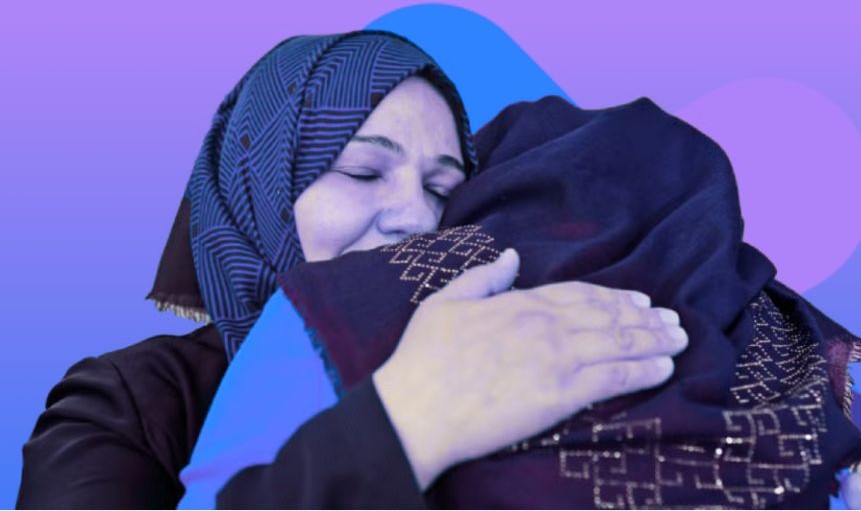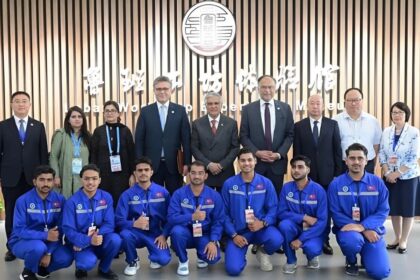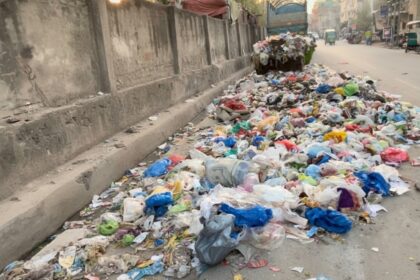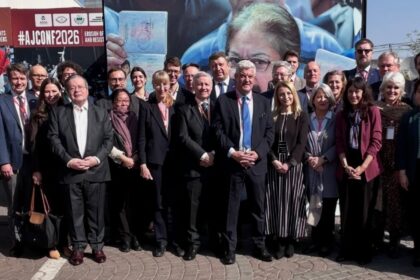Despite global setbacks in advancing women’s rights, Pakistan emerges as a proactive leader in gender equality and women’s empowerment, according to the latest flagship UN Women report “Progress in the Balance.” As other nations struggle with economic instability, growing conflicts, and societal backlash against women’s rights, Pakistan remains committed to comprehensive legal and policy reforms aligned with global recommendations from UN Women.
The recently released UN Women report highlights alarming global trends threatening the fragile progress made towards gender equality, such as increasing conflicts, democratic regression, climate-induced disasters, and sustained economic pressures from the pandemic. Nevertheless, Pakistan stands out as one of the few countries consistently working to protect existing gains and fostering greater participation of women in all socio-economic spheres through dedicated policies, investments, and grassroots initiatives.
Significant national initiatives recently adopted by Pakistan include landmark laws addressing violence against women, expanded availability of safe spaces and legal services, and increased participation of women in political, educational, and economic sectors. These efforts align closely with the four strategic pillars emphasized by UN Women: leadership and participation, economic empowerment, ending gender-based violence, and humanitarian crisis response.
One of Pakistan’s noteworthy advancements lies in promoting women’s leadership at all governance levels. Government-backed programs have led to an appreciable increase in women’s representation in parliament and local governmental bodies. Moreover, Pakistan has initiated economic reforms coupled with public-private collaborations that provide women with essential digital tools, financial education, and employment opportunities in climate-resilient sectors. This approach directly supports UN Women’s objectives for global economic empowerment.
Additionally, Pakistan launched comprehensive frameworks specifically aimed at curbing gender-based violence, implementing coordinated multi-agency responses spanning law enforcement, healthcare services, and social support networks. This mirrors global collaborative efforts led by the UN Trust Fund to End Violence against Women and supported by initiatives like the EU-funded Spotlight Initiative.
In humanitarian settings and conflict-affected communities, Pakistani governmental institutions and local civil society organizations, particularly women-led associations, actively contribute toward psychosocial counseling, providing safe shelter, and delivering emergency relief for displaced women and girls. These actions closely align with strategies advocated by UN Women in conflict zones worldwide, including crisis-torn countries like Ukraine and regions such as the Horn of Africa.
Despite these positive advancements, Pakistan faces ongoing challenges also highlighted by the UN report. Globally—and echoed locally—only four percent of bilateral assistance targets gender equality; violence against women continues to persist as a severe human rights issue; and a pronounced digital divide restricts women’s full engagement in economic opportunities and civic life.
Acknowledging these challenges, Pakistan has solidified its commitment to gender equality through its National Development Agenda 2025, placing it at the core of national planning. Moreover, Pakistan actively engages in global partnerships, such as the Generation Equality Forum, and is developing enhanced gender-disaggregated data collection systems essential for assessing program effectiveness and accountability.
As international organizations call for renewed commitment and greater financial backing to achieve gender equality worldwide, Pakistan’s determined approach serves as a compelling example for other nations. Through legislative reforms, targeted grassroots investments, and a robust vision for inclusive and sustainable development, Pakistan is not merely responding effectively to the challenges identified in the UN Women report—it is setting a pathway for others to follow.











